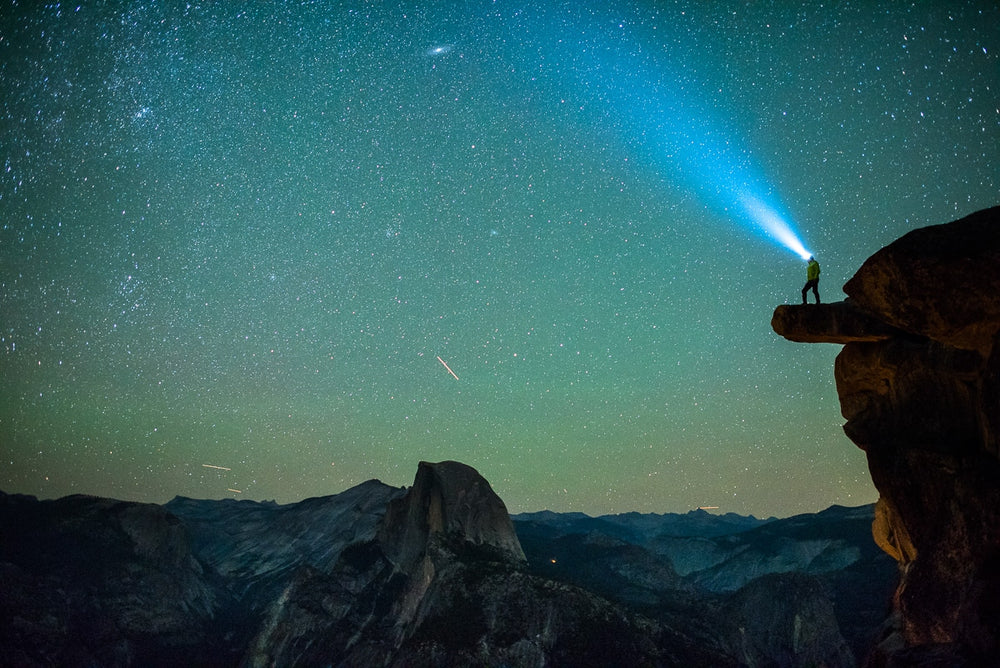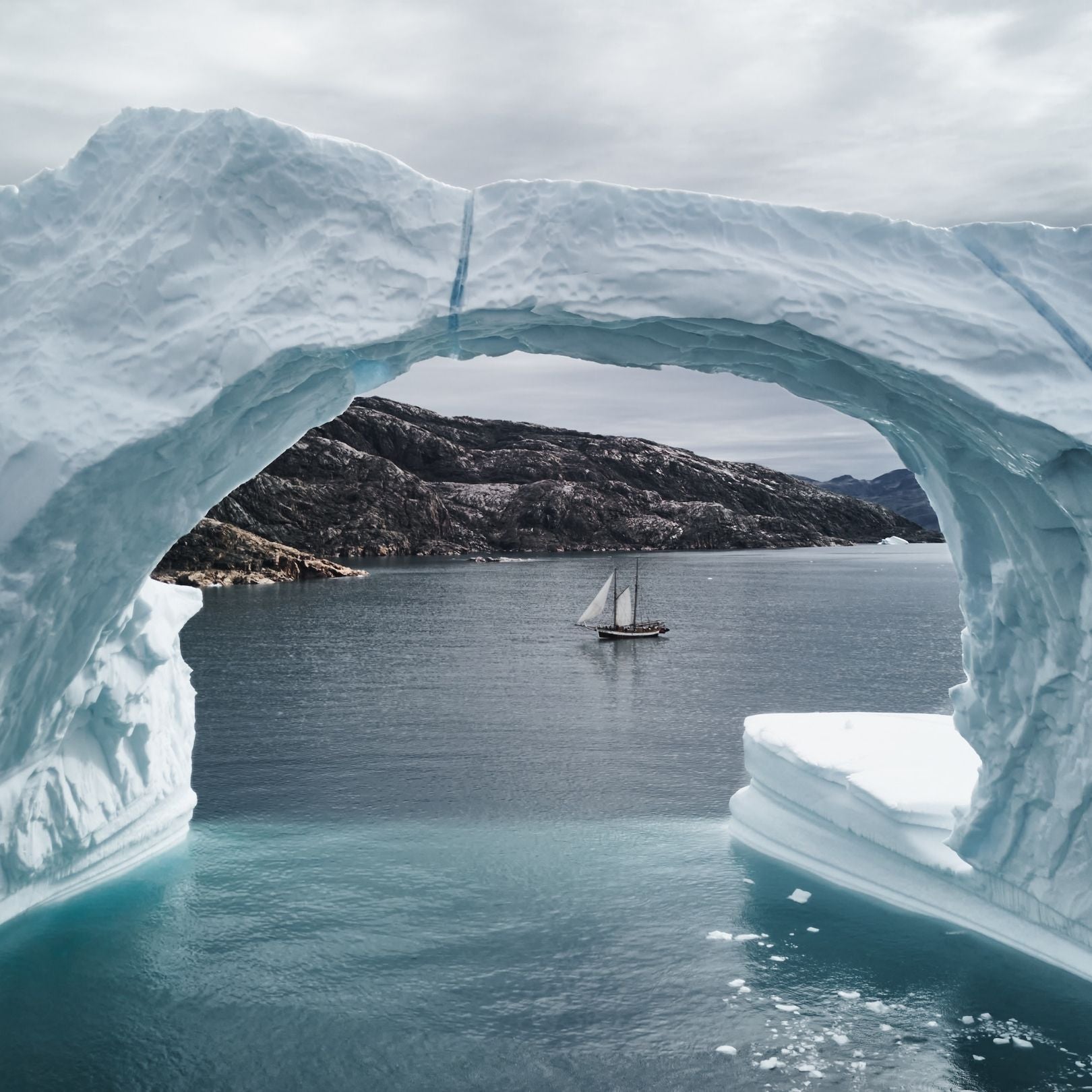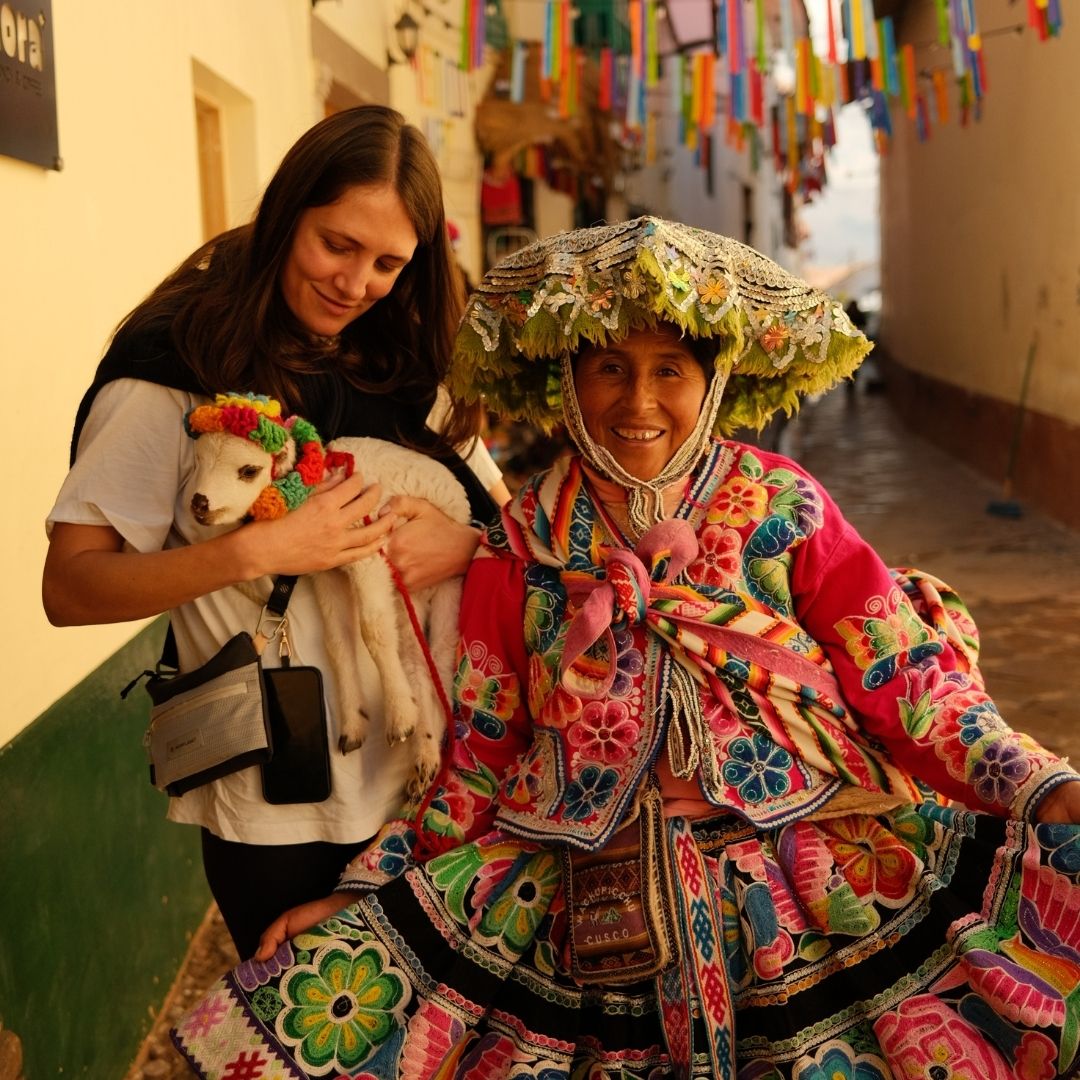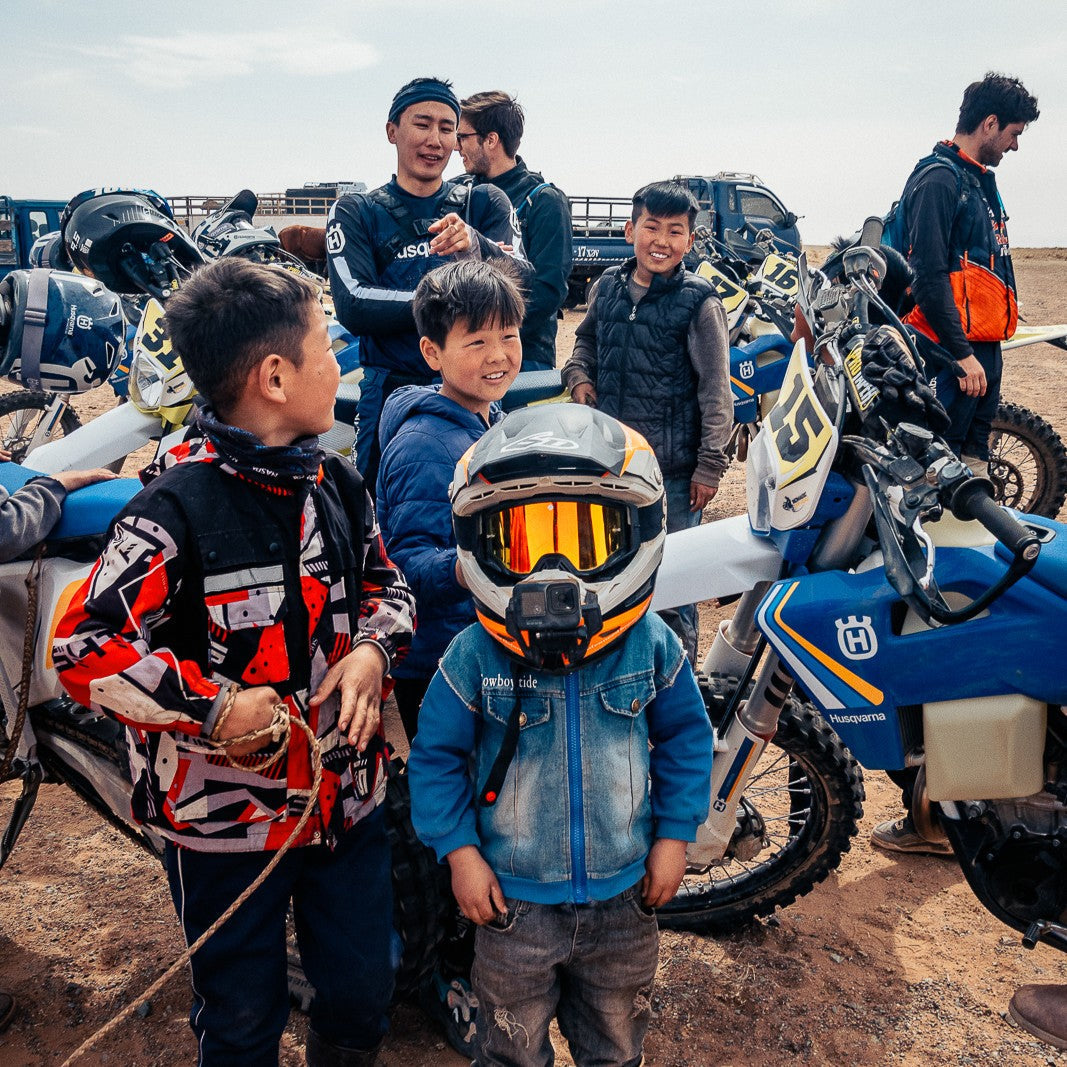ÜBER ABENTEUER UND RISIKO
Wir leben in einer Welt, in der jeden Tag mehr und mehr Menschen auf der Suche nach Abenteuern sind. Und warum? Als Menschen waren wir Zehntausende von Jahren Nomaden.

Wir kämpften um Nahrung, um nicht von Raubtieren und Naturkatastrophen getötet zu werden. Wir waren tagelang unterwegs, um sauberes Wasser zu finden.
Heute leben wir in Städten, fahren mit dem Auto; wenn wir etwas zu essen brauchen, müssen wir nur den Kühlschrank öffnen. In wenigen Jahrhunderten hat sich unsere Gesellschaft so schnell entwickelt, dass die einzige Möglichkeit, ähnliche Gefühle wie früher zu erleben, darin besteht, eine Art von Abenteuer zu erleben.

Ich finde, dass das großartig ist. Allein die Tatsache, dass man einige Zeit in der freien Natur verbringt und die wunderbare Natur betrachtet, könnte das Leben eines jeden verbessern. Wir sind immer in Eile, manchmal ohne darüber nachzudenken, was wir tun, und wir vergessen oft, eine Pause zu machen und einfach zu sehen, wie schön diese Welt ist. Deshalb bin ich wirklich froh, dass immer mehr Menschen Aktivitäten im Freien unternehmen. Aber bitte, nennen Sie sie nicht Abenteuer.

Heute trainieren Millionen von Kletterern an Hallenwänden und klettern vielleicht am Wochenende in Klettergärten; einige reisen nach Südafrika oder Australien, um dort zu bouldern, Kinder und Erwachsene gehen in Abenteuerparks, wo sie auf Strickleitern klettern, tibetanische Brücken überqueren oder von einem an einem langen Gummiband befestigten Damm springen. Sie wollen ihren Mut testen, den Nervenkitzel erleben, an ihre Grenzen gehen. Aber ohne wirkliches Risiko und mit jeder möglichen Versicherung.
Heute ist es möglich, den Mount Everest zu besteigen, ohne überhaupt klettern zu können. Natürlich muss man fit sein, aber man hat Fixseile, ausgetretene Pfade, Camps für sich bereit. Das ist kein Abenteuer, das ist Tourismus. Es ist viel abenteuerlicher, einen 2000 m hohen Gipfel ohne Pfade und fremde Hilfe zu erkunden.

Ich versuche, mein Leben so abenteuerlich wie möglich zu gestalten. Und Abenteuer geht für mich Hand in Hand mit dem Konzept der Exposition. Wenn man in einem Felsen in der Nähe von zu Hause klettert, ist man nur wenig exponiert, aber wenn man dieselbe Seillänge in der Mitte einer Wand klettert, wo man allein ist, ist man viel stärker exponiert. Exponiertheit bedeutet, dass die Folgen eines Unfalls größer sind. Wenn man sich auf einer Skipiste das Bein bricht, kann man schnell gerettet werden, aber wenn man in einem abgelegenen Couloir mitten in den Alpen unterwegs ist, ist das ein größeres Problem.

Das bedeutet nicht, dass ich unnötige Risiken eingehe, aber sobald ich ein Risiko eingehe, bin ich voll verantwortlich für meine Handlungen und akzeptiere deren Konsequenzen. Ich denke, das ist die höchste Freiheit, die wir erleben können.

Weitere Informationen: instagram.com/paolosartophoto








